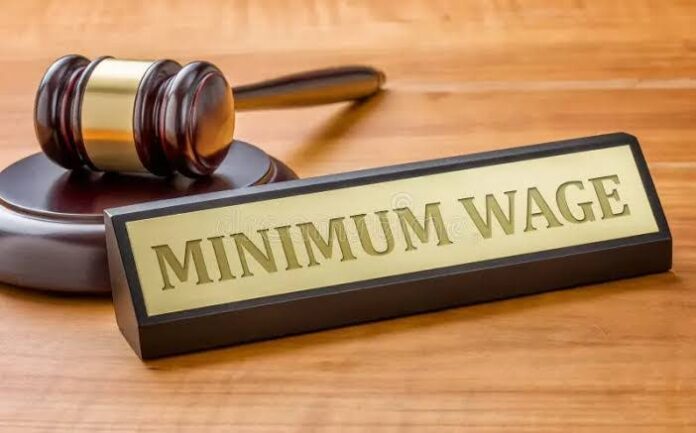The federal government’s announcement to pay the proposed minimum wage of N70,000 has been met with lukewarm reception from Nigerians, and rightfully so.
A recent report revealed that average minimum wage earners spend at least 57.3% of their salaries on electricity bills alone, rendering the wage increase almost insignificant. This staggering statistic is coupled with the Nigerian Electricity Regulatory Commission’s (NERC) 300% increase in electricity tariff for Band A customers, who now pay N225 per kilowatt-hour, up from N66.
The NERC’s tariff hike, effective April 3, 2024, targets Band A customers, comprising about 15% of the country’s electricity users, who receive a minimum of 20 hours of power supply.
However, many Nigerians have reported being transferred to the Band A category without prior notice, sparking widespread protests and frustration.
Financial expert Joe Abah took to social media to express his dismay, stating that his N100,000 electricity top-up now lasts only seven days.
Small business owners, like Peace Etugbo, have also shared their struggles, citing significant increases in production costs and operational expenses. The tariff hike has raised concerns about reduced productivity, increased operational costs, and potential layoffs.
The organized labor movement, comprising the Nigeria Labour Congress (NLC) and Trade Union Congress (TUC), has reiterated its deadline for the federal government to reverse the tariff hike or face industrial unrest.With the cost of living continuing to surge, Nigerians are bracing themselves for tougher times ahead.
As the federal government struggles to balance its finances, it remains to be seen how the situation will unfold.
However, it is certain Nigerians are tired of bearing the brunt of economic policies that seem to prioritize profits over people.








